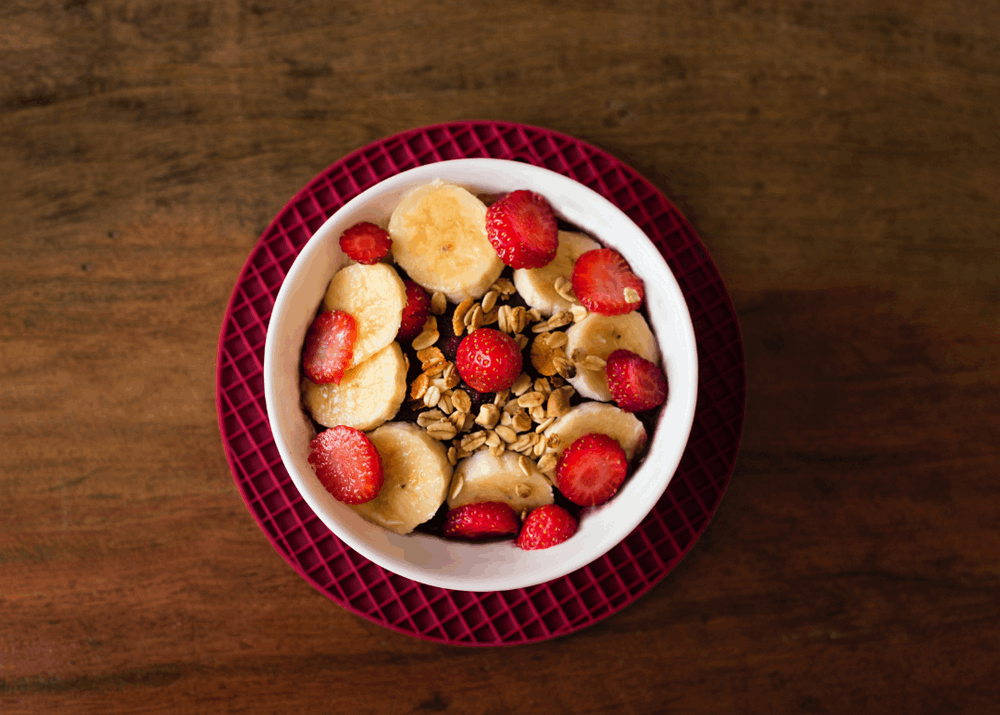Last Updated on: 18th December 2024, 12:28 pm
Nutrition is crucial in fitness, influencing performance and recovery. The timing of nutrient intake before and after workouts can enhance performance, reduce fatigue, and speed up recovery. Pre-workout nutrition provides energy for optimal performance, while post-workout nutrition aids in muscle repair and growth. This guide will help you optimize your nutrition strategy to support your fitness goals, whether building muscle, losing fat, or maintaining health.
The Science of Pre-Workout Nutrition

Pre-workout nutrition is essential for energy, endurance, and muscle preservation. Understanding key nutrients helps tailor your pre-workout meal for effective performance.
Key Nutrients and Their Roles
- Carbohydrates: Primary energy source for muscles.
- Proteins: Prevent muscle breakdown and aid recovery.
- Fats: Provide sustained energy for endurance workouts.
Timing Your Pre-Workout Meal for Optimal Results
Eat a balanced meal with carbs, moderate protein, and low fat 2-3 hours before exercising. For quick energy, have a small snack 30-60 minutes prior.
Hydration: The Often Overlooked Pre-Workout Necessity
Stay hydrated to enhance performance and prevent fatigue. Drink water throughout the day and before your workout.
Crafting Your Pre-Workout Meal

Examples of Effective Pre-Workout Meals and Snacks
- Banana with almond butter: Quick energy for high-intensity workouts.
- Oatmeal with berries and protein powder: Sustained energy for endurance.
- Whole-grain toast with avocado: Simple and nutritious for busy schedules.
Adjusting Your Pre-Workout Nutrition Based on the Type and Duration of Exercise
Short, intense workouts need quick carbs; longer sessions benefit from carbs and proteins. Adjust meal composition and timing for better performance.
Special Considerations: Dietary Restrictions and Allergies
Use gluten-free grains, plant-based proteins, and nut-free alternatives to meet dietary needs while providing energy and support.
The Science of Post-Workout Nutrition

Post-workout nutrition aids recovery by focusing on muscle repair and nutrient replenishment.
Understanding the Anabolic Window: Myth vs. Reality
The anabolic window is wider than once thought, but eating within two hours post-workout aids recovery. Focus on quality and balance.
Key Nutrients for Post-Workout Recovery
- Proteins: Essential for muscle repair.
- Carbohydrates: Replenish energy reserves.
- Fats: Support hormone function and health.
- Electrolytes: Crucial for hydration and muscle function.
Hydration is vital for recovery. Rehydrate post-exercise to support metabolic functions and nutrient transfer.
Crafting Your Post-Workout Meal

Examples of Effective Post-Workout Meals and Snacks
Grilled chicken with quinoa and vegetables offers balanced nutrients. A protein shake with a banana or Greek yogurt with berries and nuts are quick options.
Adjusting Your Post-Workout Nutrition Based on Exercise Intensity and Personal Fitness Goals
Tailor post-workout meals to workout intensity and goals. Prioritize protein after strength training and carbs after endurance activities.
Special Considerations: Dietary Restrictions and Timing
Use plant-based proteins and gluten-free carbs as needed. Consume meals within two hours post-exercise, focusing on nutrient-dense foods.
Supplements in Pre and Post-Workout Nutrition

Supplements can enhance pre and post-workout nutrition by filling nutritional gaps.
Popular Pre and Post-Workout Supplements: Benefits and Considerations
- Pre-workout: Caffeine for alertness, beta-alanine for reduced fatigue, creatine for power.
- Post-workout: Protein powders for muscle repair, BCAAs for recovery.
Choose supplements carefully, considering ingredients and timing. Consult a healthcare professional before starting new supplements.
Choosing the Right Supplements for Your Fitness Goals and Dietary Needs
- For muscle building: Focus on protein and creatine.
- For endurance: Use supplements that enhance energy and delay fatigue.
Supplements should complement, not replace, a balanced diet. A well-rounded diet, hydration, and rest are foundational to fitness.
Summing Up
Optimize your fitness journey with strategic nutrition. Choose meals and supplements that balance energy, endurance, and recovery to achieve your goals. Use this guide to refine your diet and unlock your potential for a stronger, healthier future.

